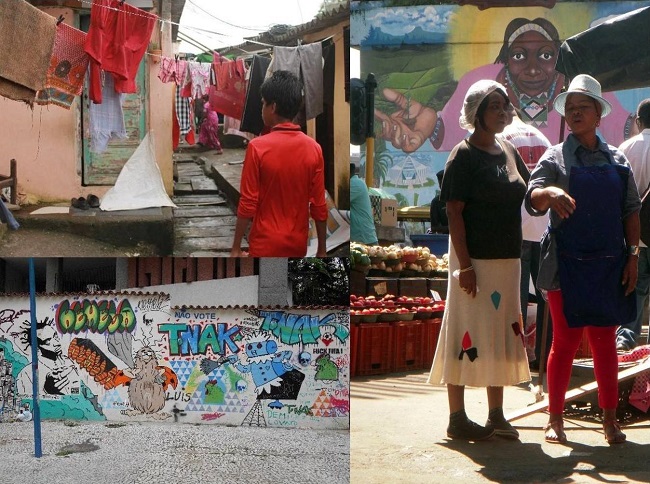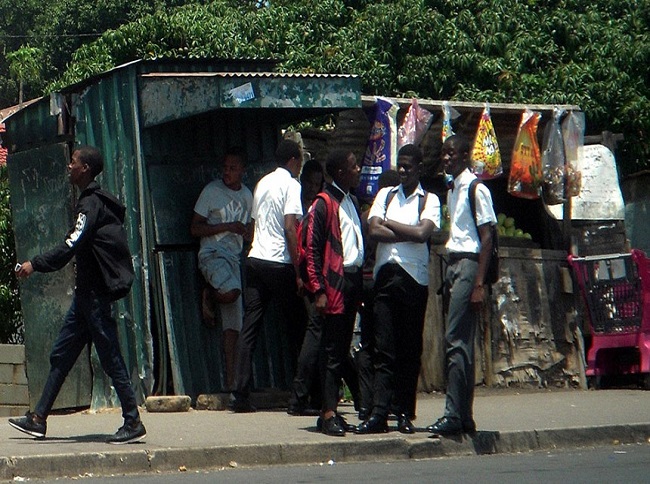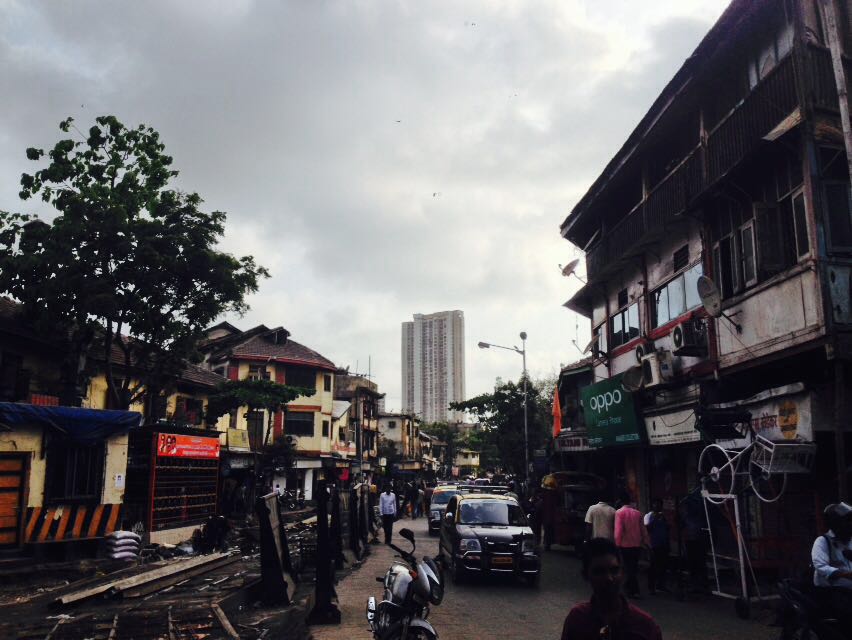People, Places & Infrastructure: Countering Urban Violence and Promoting Social Justice in Mumbai, Durban & Rio de Janeiro
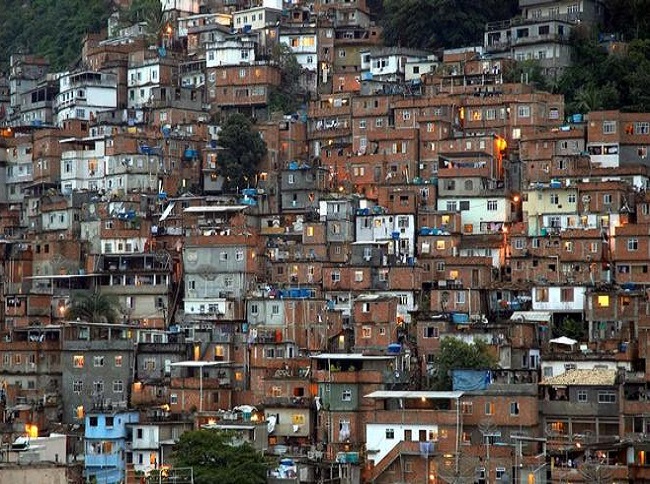
Research Institute: Instituto de Pesquisa e Planejamento Urbano e Regional (IPPUR), Federal University of Rio de Janeiro, Rio de Janeiro
The socio-spatial transformations in cities like Rio de Janeiro in Brazil are a result of the alliance between the private and the public sector. These transformations that have led to unequal allocation of public resources are presented as necessary to boost the local economy, enhance public safety and improve infrastructure. Exclusive areas of the city and areas owned by groups with greater purchasing power are the ones that receive community facilities, infrastructure and other urban improvements. Low-income areas are controlled and occupied by the police ostensibly to combat crime, leading to a loss of autonomy and violence. These areas are also subjected to displacement to make way for infrastructure projects. Invariably, the process of ongoing urban structuration meets the needs and cultural and economic logic of dominant groups, confirming their primacy.
Thus, in the city we find groups and communities actively involved in resistance and negotiation. Through networks of social relationships (which can achieve a global scale) they mobilize different strategies in order to face the actions that target them. This work is dedicated, therefore, to understanding the violence and insecurity resulting from institutional action as well as identifying lessons for the promotion of social peace and justice from community responses to mitigate this violence and insecurity.
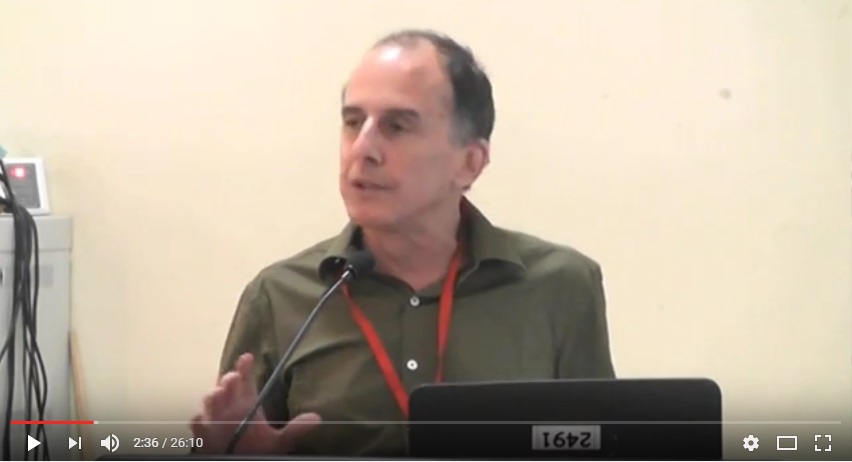
Watch Dr Pedro de Novais Lima Junior, Professor at the Instituto de Pesquisa e Planejamento Urbano e Regional of the Universidade Federal do Rio de Janeiro, Brazil, introduce the case of Rio de Janeiro at the international conference titled ‘Rethinking Cities in the Global South‘
CITY PROFILE
Emergency Context of the Social Problem of Insecurity and Violence in Rio de Janeiro
The profile examines the neo-liberal transformation of Rio de Janeiro since the 1990s through the lens of urban violence perpetuated by state practices, strategic planning, police pacification of the poor and construction of mega event venues such as stadiums for the Rio Olympics (2016) that has led to the destruction of informal settlements.
Download Report
CASE STUDIES
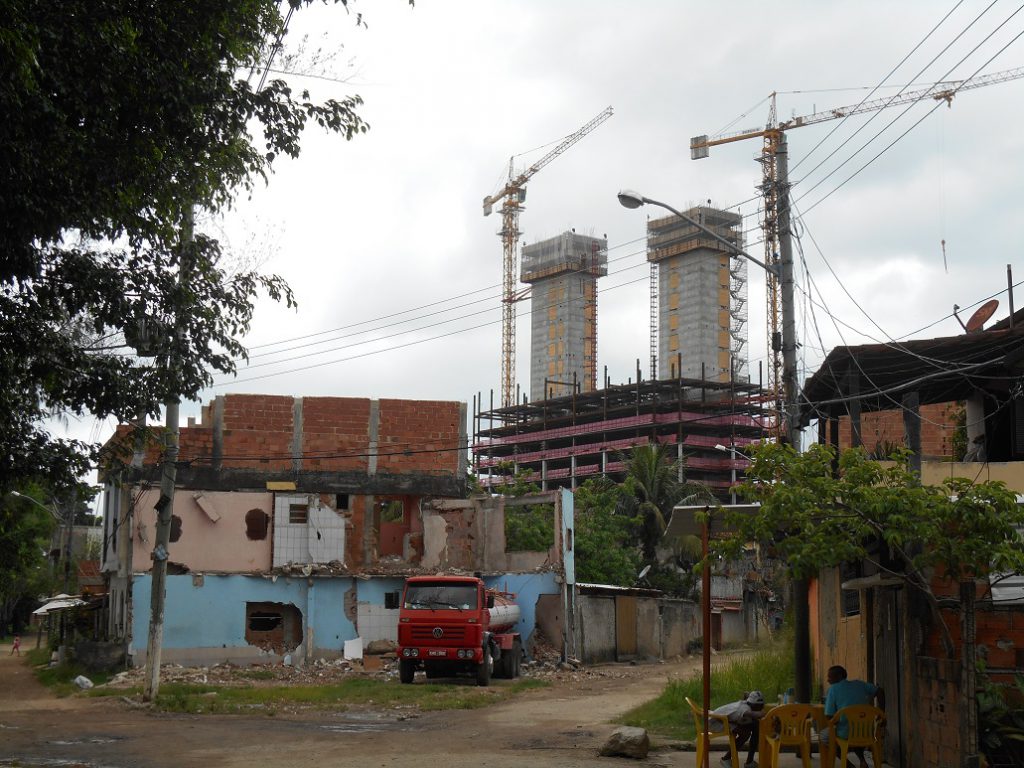
Vila Autódromo: Vila Autódromo is located in the West Zone of Rio de Janeiro, a newly expanded area of the city and a place of intense real estate investment. The community is located adjacent to the Olympic Park, where most activities for Olympics 2016 were held. Although the Olympic Park was constructed on public land, this is a private enterprise, which will be converted into high-end residences and sold after the Olympics. The presence of a low-income community in the neighbourhood is considered undesirable and the city has exerted pressure to remove Vila Autódromo and destroy its assets. A number of residents wish to stay in the area and have come together to fight their dispossession.
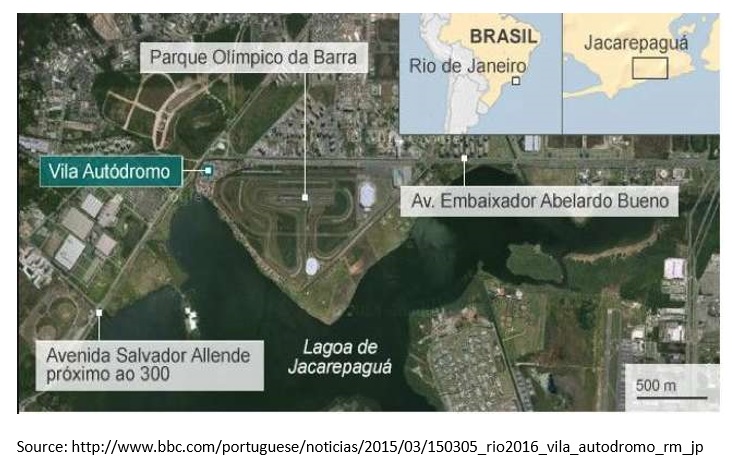

Complexo da Maré: The Maré Complex is a cluster of slums in the north of Rio de Janeiro. In 2011 Maré was the target of a joint operation of different police and army forces whose aim was to install a Pacifying Police Unit (UPP) in order to enhance public safety. This has resulted in permanent occupation by police and army forces and the presence of tanks and heavy weapons in the alleys of Maré. Notably, the presence of the state is limited to these agencies and to armed control, thus limiting the building of citizenship and creating opportunities for private companies to provide (exploitative) services in the vacuum created by the state.
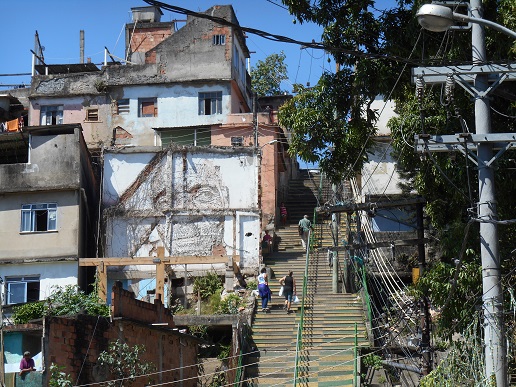
Morro da Providência: Morro da Providência is recognized as the oldest informal settlement in the city. It was settled in colonial times, with “quilombos” that housed runaway slaves and also newly freed slaves. It is located on prime land due to its privileged location close to the city center (CBD), the administrative center of the Municipality of Rio de Janeiro, and the bus and to the railway stations of the city. Its inclusion in the Porto Maravilha Project, a large-scale project focused on revitalization of the port area of the city, entails the displacement and resettling of many residents. This has been actively resisted by residents.
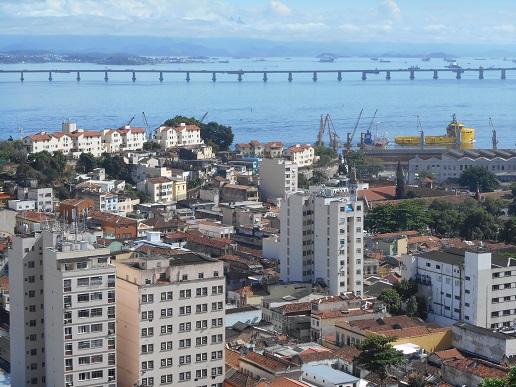
Download consolidated report of all three case studies
POLICY BRIEFS
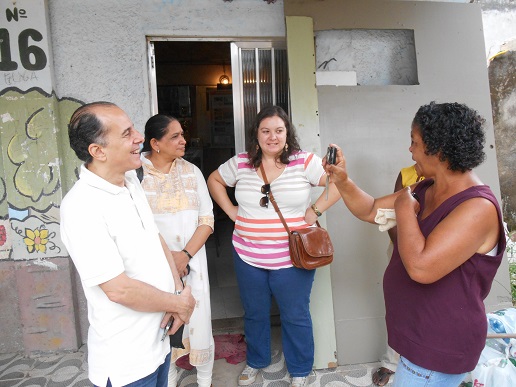
Local Empowerment: Strengthening Communities Resilience And Struggling Capabilities
The policy brief outlines the lessons learnt from the building of alternative planning mechanisms, such as the Popular Plan of Vila Autódromo, an urbanization project prepared by the community in collaboration with two federal universities.
Education, between Violence and Absences, the Hope for Improvement
With approximately 136,000 inhabitants, the set of favelas that make up Maré do not have enough educational facilities. But the problems are not limited only to the insufficient supply of schools. Residents point out that it is necessary to include the issue of public safety in the territory that impacts the dynamics of schools negatively.
Download Report
Public (In)Security
In Maré the rights of the people are repeatedly suspended, the infrastructure is inadequate, different small armies battle it out, there are curfews to the sound of guns and murder, torture and humiliation are part of the daily scene. The community recommends the end of aggressions committed by public bodies, a security policy formulated by the residents and fair treatment by the police.
Download Report
Infrastructure and Public Services for Equality
Maré’s state infrastructure is precarious and urgently needs services such as better sanitation, electricity, garbage disposal, the presence of a bank, postal services, and other services that the rest of the city gets efficiently and Maré does not receive. Residents have proposed greater participation in the decision of the prioritization and provision of services.
Download Report
Mobility in Maré and its Connections to the City
Although Maré is among the most populated districts in Rio, it has poor connectivity with the rest of the city. Residents have recommended better maintenance of streets, construction of bike paths and efficient bus connectivity among other things.
Download Report
Public Health: Precarious and Inadequate
The health situation in Maré requires immediate attention. Through this policy brief, the residents have demanded the installation of more health facilities, expanding and improving the services that are already provided by health posts, family clinics and the emergency units.
Download Report
Social Projects and NGOs: Proposals of the Third Sector
Non-governmental organizations in Rio that work through partnerships with public and private sectors have been guided by the interest of the funders. Their projects often do not represent the slum’s needs but the needs of capital in its various disguises. The residents have called for a dialogue with the Third Sector to highlight local demands, as well as develop any social gains.
Download Report
Developing the Local Economy
In order to develop the local economy in Maré, residents argued for need to maintain the range of existing small enterprises, in respect of the employment generated and in attention to their needs of commerce and services. The residents’ demands listed in the policy brief include presence of bank agencies and customer credit institutions, security and lower taxes, among other things.
Download Report
Funder: The International Development Research Centre
Year: 2016




